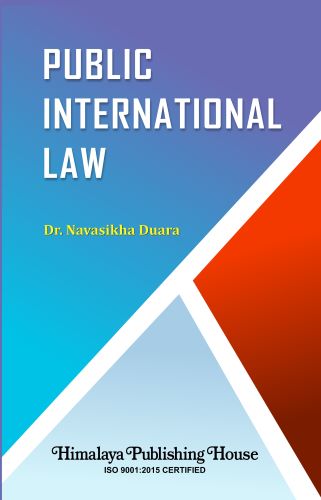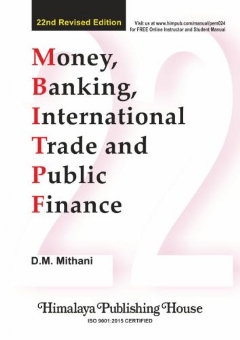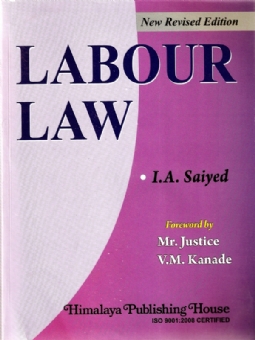The book is designed as a textbook for students enrolled for public international law course at the graduate level. The book deals with the fundamental topics of public international law, that is common for the curriculum of different universities both in India and abroad for students of B.A. programme and LL.B. (three years) and integrated B.A./LL.B. (5 years) programme.
In the globalised world, the importance of public international law, among and between the sovereign equals nation states is crucial. The book aims to provide a fundamental understanding of international law – origin, development, source of international law.
The nature of international law – the debate regarding treating international law as law proper is dealt in detail in order to make the students understand the limitations of international law and the complexities in the way of international law, relationship between international and national law.
The book deals with the basic concepts of public international law like state territory state jurisdiction and state responsibility, treaty signing among the states (VCLT), General Principles of International Trade Laws, UNCITRAL, International Arbitration Laws and TRIPS. A special reference to the Role of WTO as a global trade body is also made.
While dealing with security concerns the book provides a description of the enforcement mechanisms under UNO, that is the UNSC and the judicial organ of the UN, the ICJ.
The book also includes a chapter on the law of the sea with relevant case studies and international health and labour regime under WHO and ILO respectively.
Contents –
1. Meaning and Historical Development of International Law
2. Sources of International Law
3. Jurisdiction and State Responsibility
4. Law of Treaties
5. The United Nations Charter and UN System
6. Interstate Dispute Settlement: The International Court of Justice
7. Law of Aviation and Space
8. WHO and The Global Health Regime
9. International Maritime Law
10. International Trade Law
11. References
12. Abbreviation






